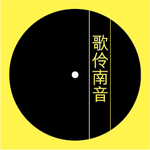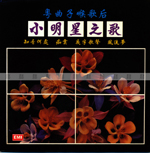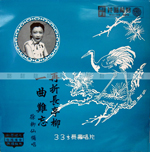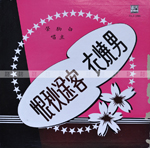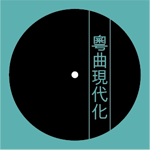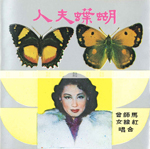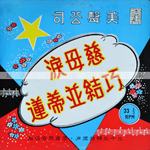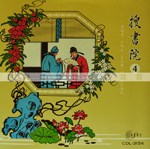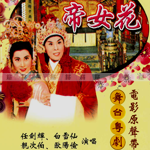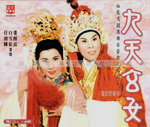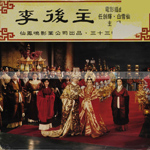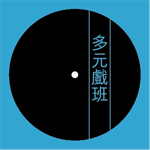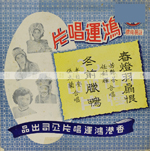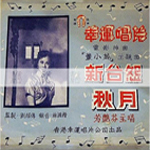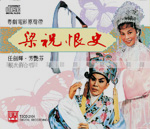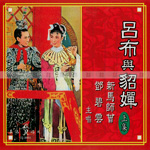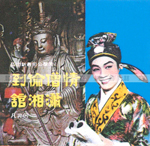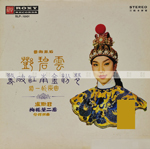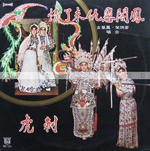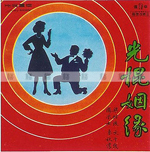Since the early twentieth century, Hong Kong has always been an important venue for Cantonese opera development. After 1949, as a result of political turmoil in the Mainland, performers and troupes converged and resettled in the territory, leading to a tremendous prospering of Cantonese opera in the subsequent decade. This development is linked intimately with the rise of the electronic media.
Performers and troupes began to grasp the possibilities offered by film and radio to re-examine age-old performance practices with regard to acting, singing, script writing, instrumentation, and stage set-up. They brought in novel elements from the theatre and movie world, and participated in the production of films and records. With these acts, they are extending the movement to modernize Cantonese opera that began in the 1930s.
Wong Jum-sum was thoroughly immersed in the world of Cantonese opera from young. Through his close encounter with master performers like Hung Sin-nui, Ma Si-tsang, Yam Kim-fai, Pak Suet-sin and Tong Dik-sang, he witnessed first hand the modernization of Cantonese opera, and was mightily moved by the adventure and passion he saw.
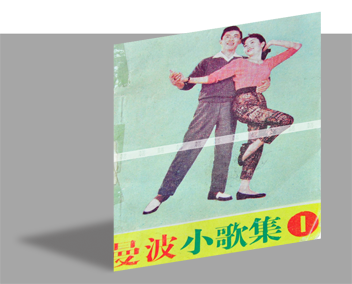

作曲:綦湘棠
作詞:李雋青
主唱:葛蘭
我是一個 幸福姑娘
大家叫我 曼波女郎
躲在家中 有如蜜糖
我在學校 好像女皇
女皇 女皇
人人讚你 歌聲響亮
人人說你 舞藝高強
今天大家一起來歌唱
歌唱 歌唱
幸福的曼波曼波曼波女郎
女皇 女皇
人人讚你 歌聲響亮
人人說你 舞藝高強
今天大家一起來歌唱
歌唱 歌唱
幸福的曼波曼波曼波女郎
我是一個 幸福姑娘
大家叫我 曼波女郎
我願有個 不壞心腸
我要有個 美麗理想
女郎 女郎
人人讚你 活潑大方
人人說你 溫柔端莊
今天大家一起來歌唱
歌唱 歌唱
幸福的曼波曼波曼波女郎
